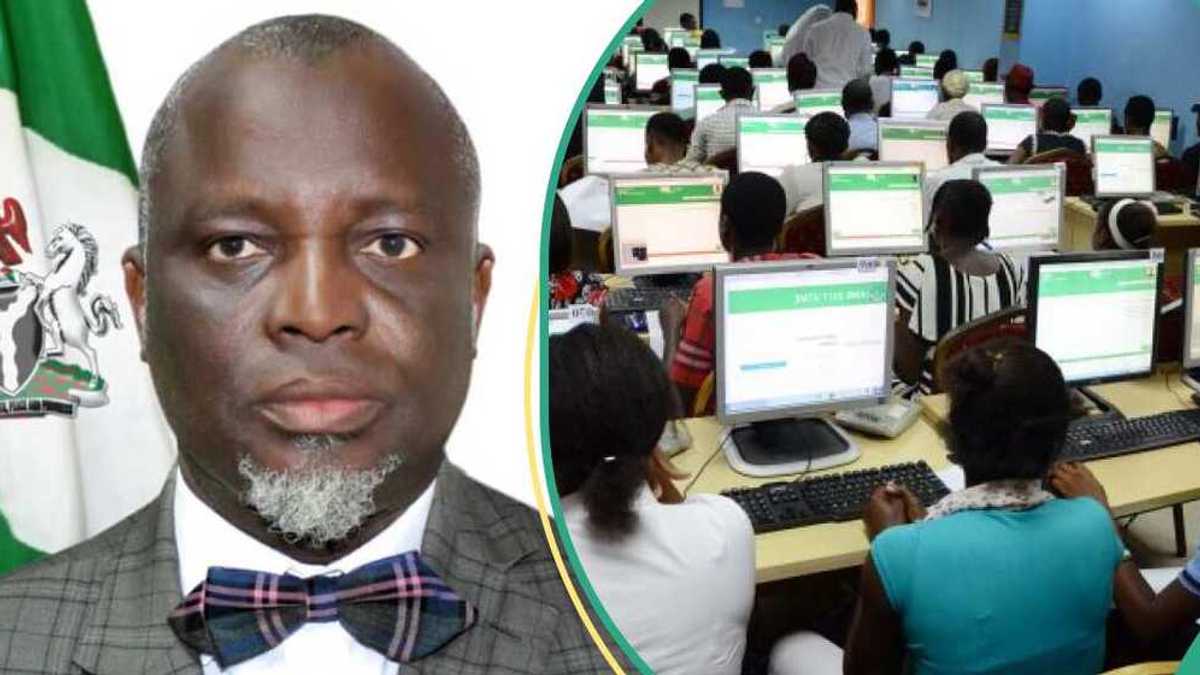JAMB 2025 UTME Errors and Reactions

The Joint Admissions and Matriculation Board (JAMB) is facing intense scrutiny following the problematic conduct of the 2025 Unified Tertiary Matriculation Examination (UTME). Acknowledging a “combination of human error and technology,” JAMB Registrar Professor Ishaq Oloyede admitted that 379,997 candidates, particularly from Lagos and the Southeast, would need to retake the exam. However, a technical review revealed that a vital software patch was not implemented uniformly across all zones, resulting in flawed results for 157 centers, predominantly in the Southeast and Lagos. This critical error, known to JAMB after 17 examination sessions, was initially addressed discreetly without informing the affected candidates, compounding the issue when the flawed results were released.
The aftermath has been devastating, with at least one student committing suicide and others missing, highlighting the severe human cost of the scandal. Critics have pointed out the lack of accountability, as no official has faced consequences. The disproportionate impact on Lagos and the Southeast has fueled suspicions of systemic marginalization, particularly among the Igbo population, who have historically faced disadvantages in Nigeria’s quota system. The prolonged silence from JAMB after discovering the error, only admitting fault after significant public outcry, has further eroded trust and amplified ethnic tensions.
In response, calls for an independent investigation, sanctions against responsible officials, and compensation for affected candidates have grown louder. Former Minister of Aviation and Aerospace Development, Osita Chidoka, commended JAMB for admitting errors, while others like Verydarkman criticized the board's insensitivity and the broader systemic failures. A lawyer, Muideen Olalekan Olagunju, questioned the tearful apology of the JAMB registrar, suggesting that such a failure should lead to resignations, as would be expected in the US or UK. Meanwhile, Alex Onyia, CEO of Educare, reported that JAMB shifted to source-based analysis of results and shuffled questions, but a major operational flaw affected Lagos and South-East centers. Some observers suspect a deliberate act, pointing out the geographical anomaly of the unpatched cluster affecting only specific regions.
Former Minister of Education Oby Ezekwesili criticized the anecdotal explanations from JAMB and the Ministry of Education, emphasizing the need for professional examination of technical matters. The House of Representatives has resolved to investigate the technical error, acknowledging the losses suffered by candidates traveling long distances. Peter Obi, former Labour Party presidential candidate, called for stronger controls and oversight measures to prevent future failures, emphasizing that glitches should not become a national crisis. He commended Oloyede for his honesty but stressed the fragility of Nigeria's institutional systems. Aisha Yesufu called for the education minister's sack, questioning the competence of the education leadership.
The National Orientation Agency (NOA) commended JAMB’s transparency but urged further actions, including appropriate compensation for affected candidates. Lagos State University reaffirmed its support for Prof. Oloyede, praising his leadership and integrity. Conversely, JAMB has historically withheld results from underage candidates, sparking debate over fairness. Despite a decline in overall inflation, the National Bureau of Statistics data highlights ongoing economic challenges. Amid the controversy, stories of individual successes, such as Ukaegbu Ikenna Godswill's high score in the UTME, offer a glimmer of hope. JAMB has faced similar challenges in the past, including the annulment of results due to widespread cheating in 1997. The current situation underscores the need for systemic reforms to ensure fairness, integrity, and accountability in Nigeria's education system.











